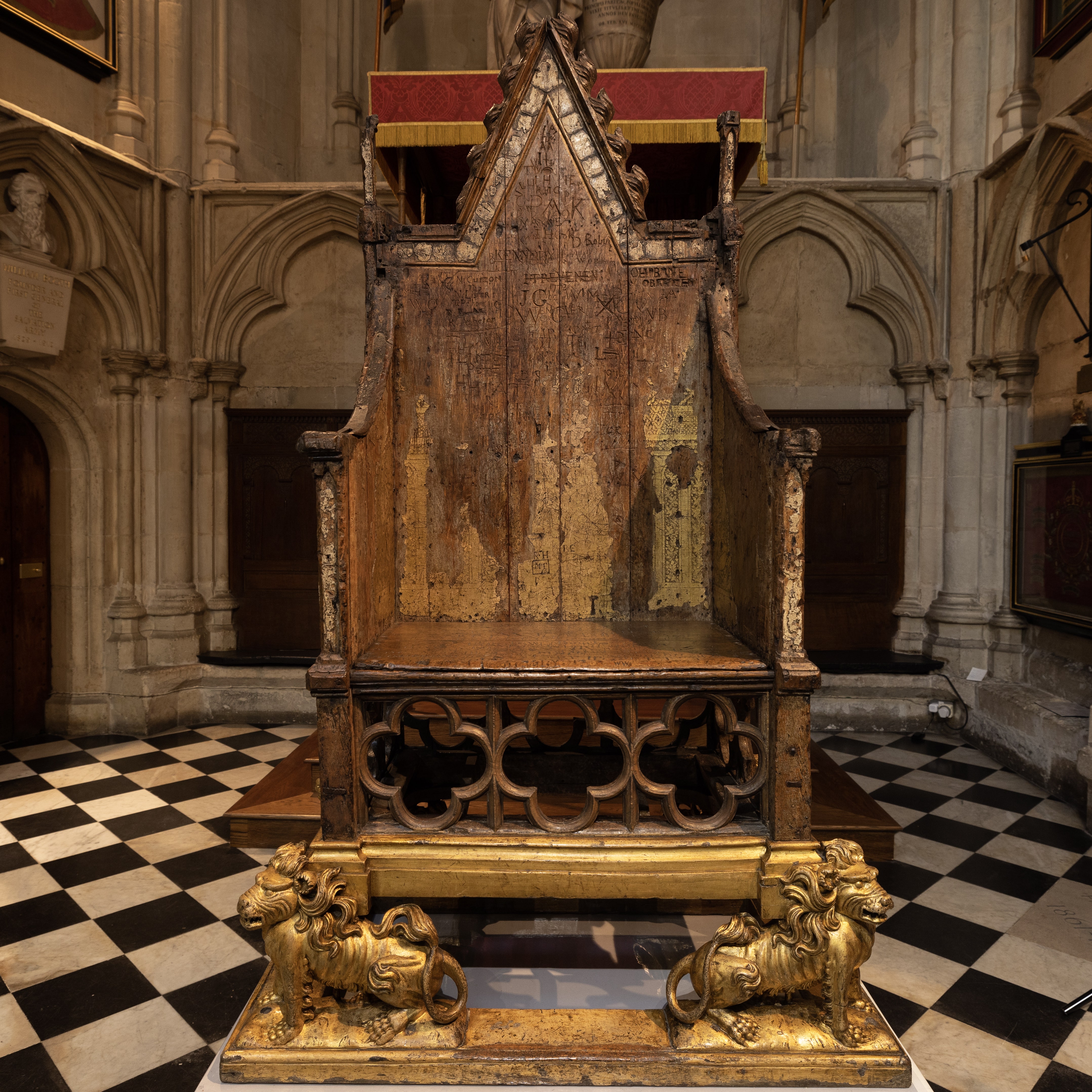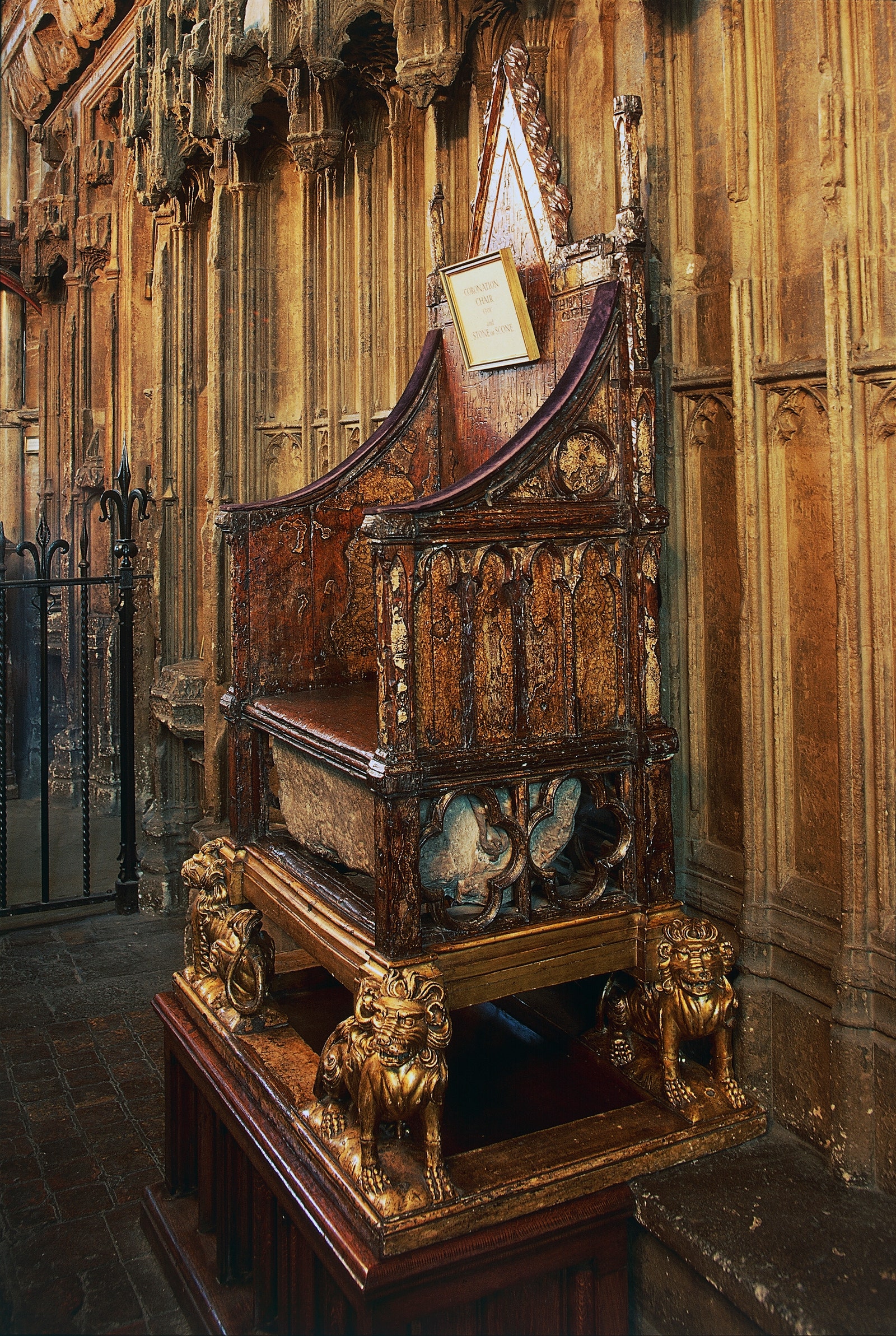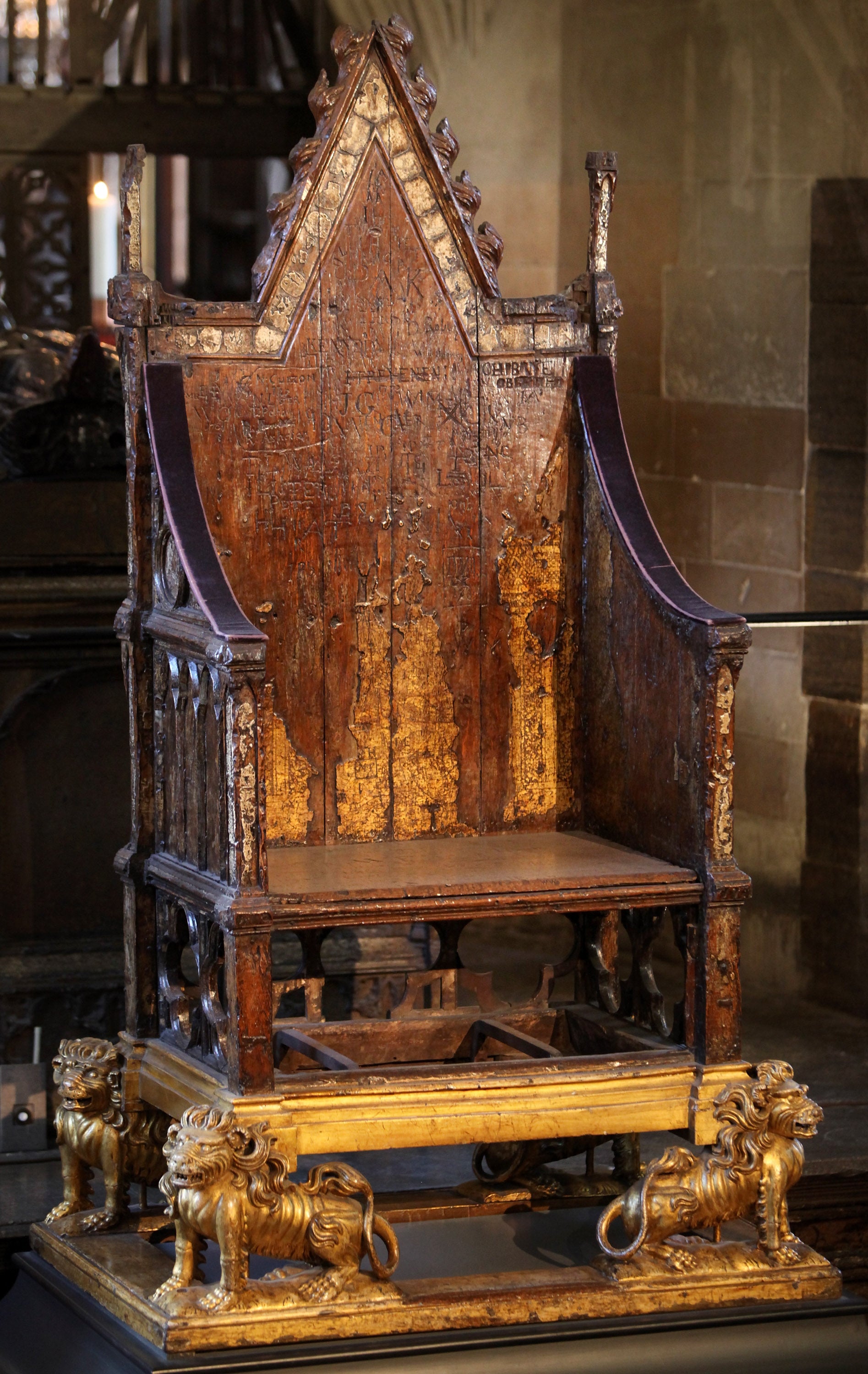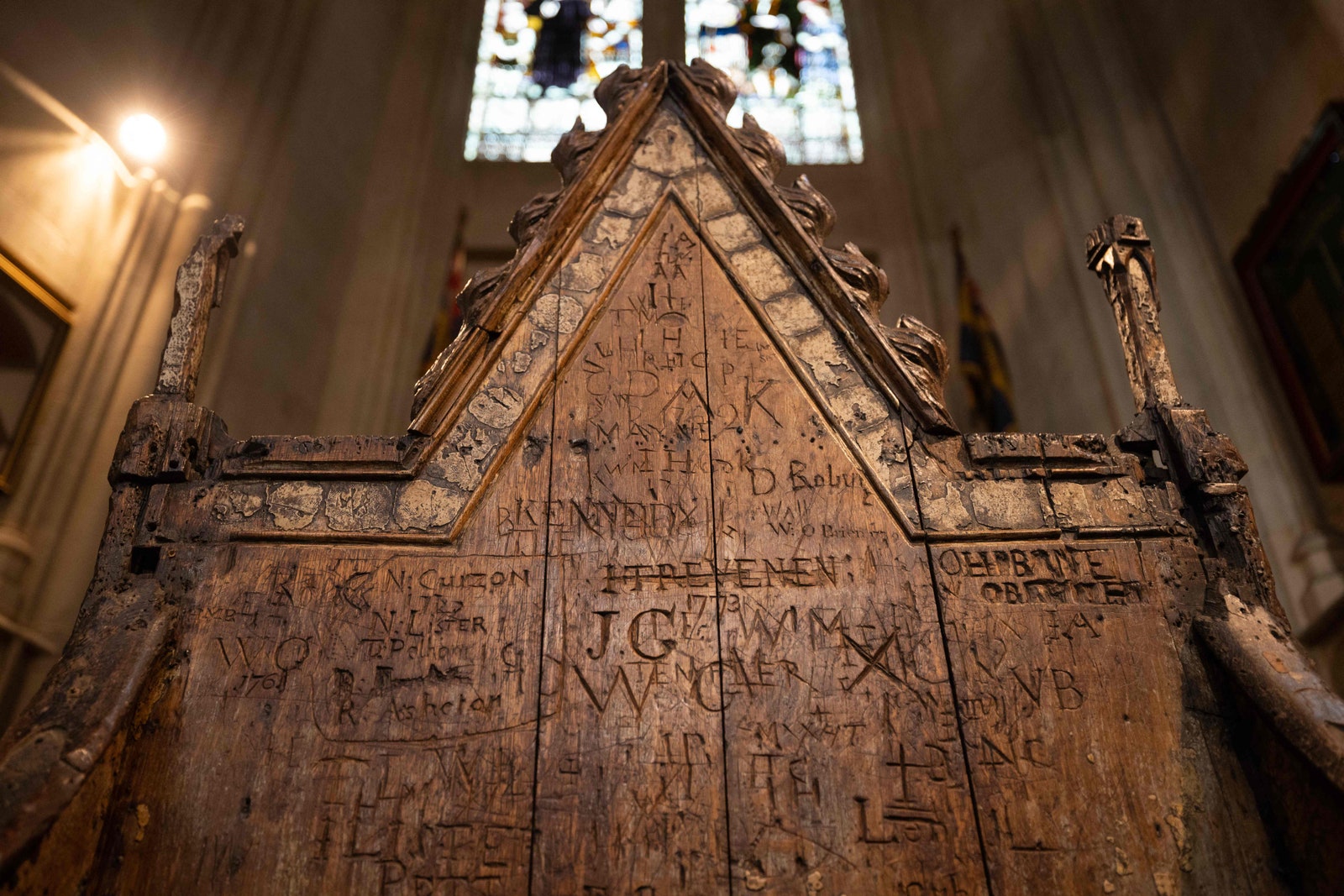The Coronation Chair is not just a remarkable piece of British furniture; it is one of the most enduring symbols of monarchy in the world. This 700-year-old wooden throne, housed in Westminster Abbey, has witnessed the coronation of nearly every English and British monarch since its creation. It stands as a living monument to centuries of royal history and tradition.
Origins of the Coronation Chair
Commissioned by King Edward I in 1296, the Coronation Chair was originally designed to house the Stone of Scone (also known as the Stone of Destiny), a sacred relic that was used in the coronation of Scottish kings. After Edward I’s conquest of Scotland, the stone was seized and placed beneath the chair as a symbol of England’s dominion over Scotland. The chair was intended to represent the unity of the two nations under one crown, a powerful political statement at the time.
The first monarch to be crowned while seated in the Coronation Chair was King Edward II in 1308, and the tradition has continued ever since.

Design and Construction
The chair was crafted from oak and originally gilded in gold leaf, with intricate painted decorations adorning its surface. These designs, which included birds, animals, and foliage, have mostly faded over time, but faint remnants of the original artwork can still be seen. The chair also features four lions at its base, symbolizing both royal power and England’s heraldic history. These lion figures were added later, around the 16th century.
The Stone of Scone, originally housed in the base of the chair, was removed and returned to Scotland in 1996. However, it will continue to play a ceremonial role and be brought back to Westminster Abbey for future coronations.

A Witness to History
The Coronation Chair is not just a relic but a witness to the evolution of the British monarchy. It has been used in the coronation of every monarch from Henry IV to the current King Charles III. The chair has seen both the rise and fall of monarchs, the transformation of the British Empire, and the changes in the political and social landscape over the centuries.
During World War II, the chair was relocated to Gloucester Cathedral to protect it from the bombing raids during the Blitz. This protective measure demonstrated its invaluable historical significance.
The chair itself has also been the subject of mischief and damage. During the 18th and 19th centuries, tourists and visitors would sometimes carve their initials into the wood as souvenirs. As a result, the chair has undergone several restoration efforts to preserve its condition.
The Stone of Scone and Its Role
The Stone of Scone is central to the significance of the Coronation Chair. The ancient stone, believed to date back to biblical times according to some legends, was traditionally used in the coronation of Scottish kings. Its inclusion beneath the chair served as a tangible representation of the English crown’s control over Scotland. For centuries, the stone remained in Westminster Abbey, but its return to Scotland in 1996 as a gesture of goodwill reflected changing political landscapes.
The stone’s continued symbolic importance, however, ensures that it will be returned to Westminster Abbey for future coronations, including those of the current British royal family.

A Testament to Tradition and Continuity
The Coronation Chair is much more than just a piece of furniture; it is a symbol of tradition, continuity, and the enduring nature of the British monarchy. Its role in coronation ceremonies over the last seven centuries connects the present to a storied past, bridging generations of kings and queens.
The chair’s timeless presence in Westminster Abbey reflects the monarchy’s ability to adapt to modern times while preserving ancient customs. Even in the 21st century, the chair remains an integral part of the royal coronation, underscoring its lasting significance in British culture.

Conclusion
The Coronation Chair stands as a fascinating blend of history, art, and politics. It is a testament to the enduring legacy of the British monarchy, having witnessed the coronations of almost every monarch since Edward II. The chair not only symbolizes the union of England and Scotland but also the continuity of royal tradition that spans over seven centuries. Its historical and cultural importance will undoubtedly persist, as it continues to play a pivotal role in future coronations, linking the past to the present in a tangible and meaningful way.

